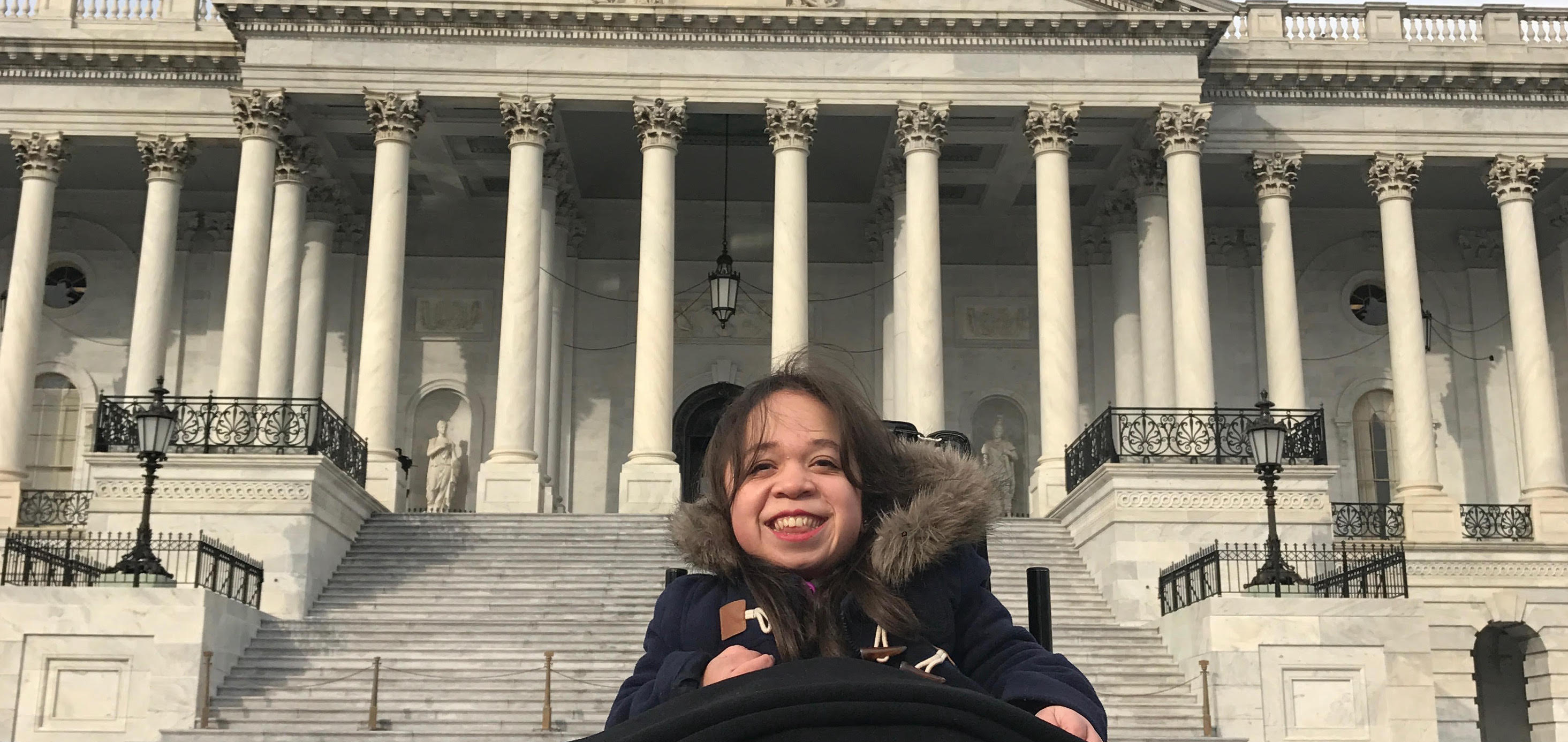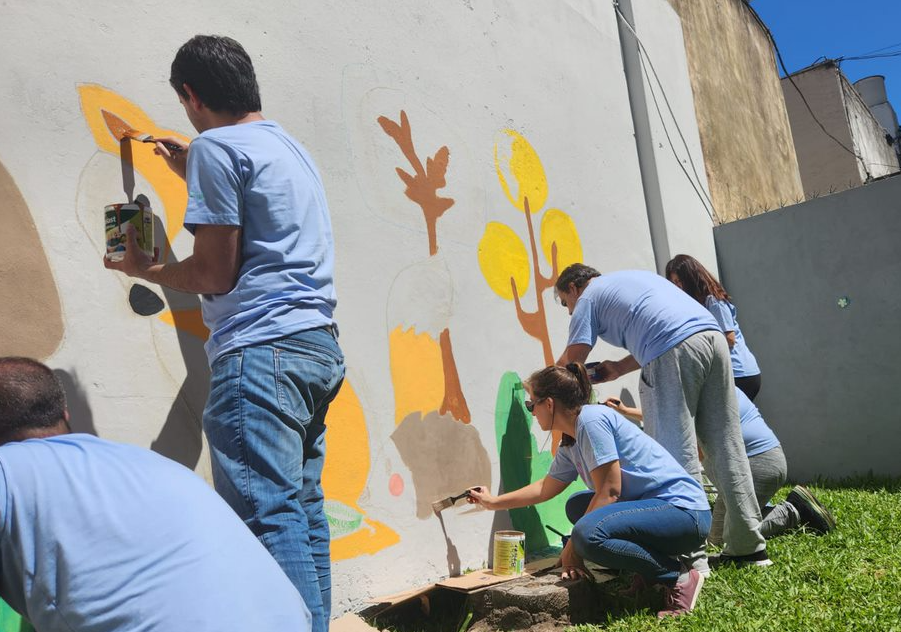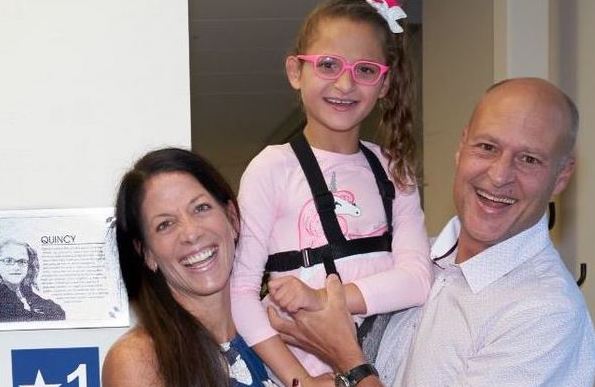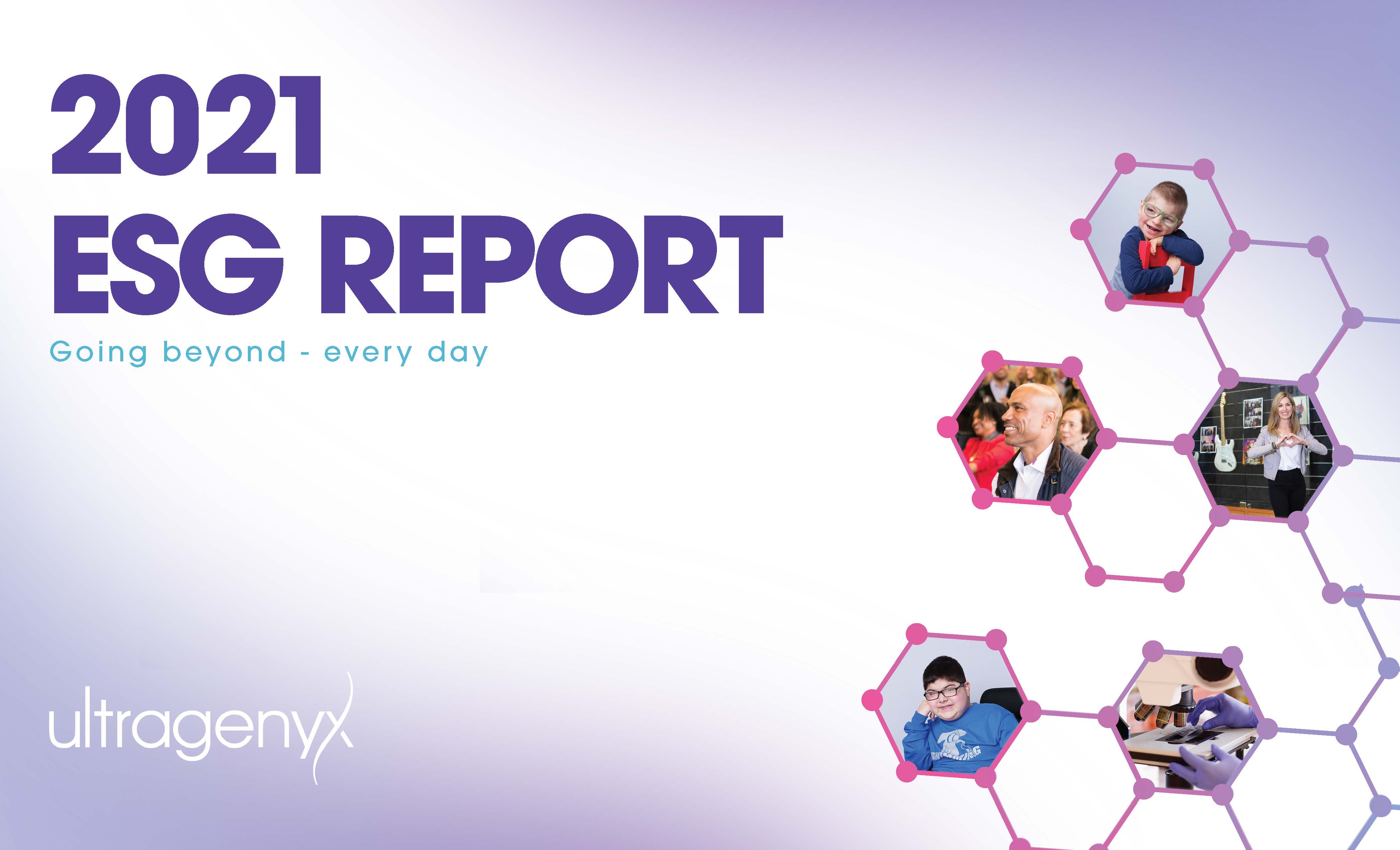As I reflect on the path that led me to pursue patient advocacy as a career, I see a common thread starting with some of my earliest memories. At the young age of 1 1/2 years old, I was diagnosed with Maroteaux-Lamy syndrome, also known as Mucopolysaccharidosis Type VI (MPS VI). The explanation my parents received of the diagnosis was that my body was missing an enzyme required for the breakdown of a complex sugar. Without the enzyme, the sugar remains in the cells, accumulates in the tissues, and causes severe damage to the heart valves, skeleton, liver, cornea, and the spleen, etc. The most disheartening part for my parents was to learn that there was no approved drug treatment for MPS VI. The emotional challenge they faced was enormous. However, for both of my parents, my diagnosis was not the end of the road, but the beginning of their advocacy journey.
For both of my parents, my diagnosis was not the end of the road, but the beginning of their advocacy journey.
I was born in Guatemala, seemingly normal and healthy. I was three weeks old when I began to suffer from a series of health ailments. After many tests, x-rays showed abnormalities in my bones. For an accurate diagnosis, my parents looked for the nearest hospital in the US. In Miami, doctors confirmed my diagnosis of MPS VI and offered a bone marrow transplant (BMT) as the only treatment available. Although the cost of having a bone marrow transplant was too expensive for my family’s resources, my parents never gave up. After reaching out to different hospitals, one in Memphis offered to provide the transplant at no cost. For five years, my parents traveled twice a year from Guatemala to Tennessee with the hope of hearing from doctors about a date for the BMT. Sadly, the hospital never found a good match.
One day at home, my parents and sister were praying to find a cure, when my grandmother came to our house with the latest issue of Reader’s Digest. The magazine featured the article “Saving Ryan” about a little boy named Ryan Dant with MPS type I who had received an enzyme replacement therapy developed by then-UCLA researcher, Dr. Emil Kakkis.
Filled with hope, my parents connected with the National MPS Society and learned about a clinical trial underway in California for another treatment developed by Dr. Kakkis – specifically for MPS VI (this is a photo of me and Dr. Paul Harmatz, who led the clinical study).
My parents became my non-stop advocates and successfully enrolled me in the third clinical trial to evaluate the effectiveness of the treatment. The trial was a success, and the treatment was approved by the FDA. It felt good to be paving the way for others to get access to the treatment they need, and I will be forever grateful for being part of the study.
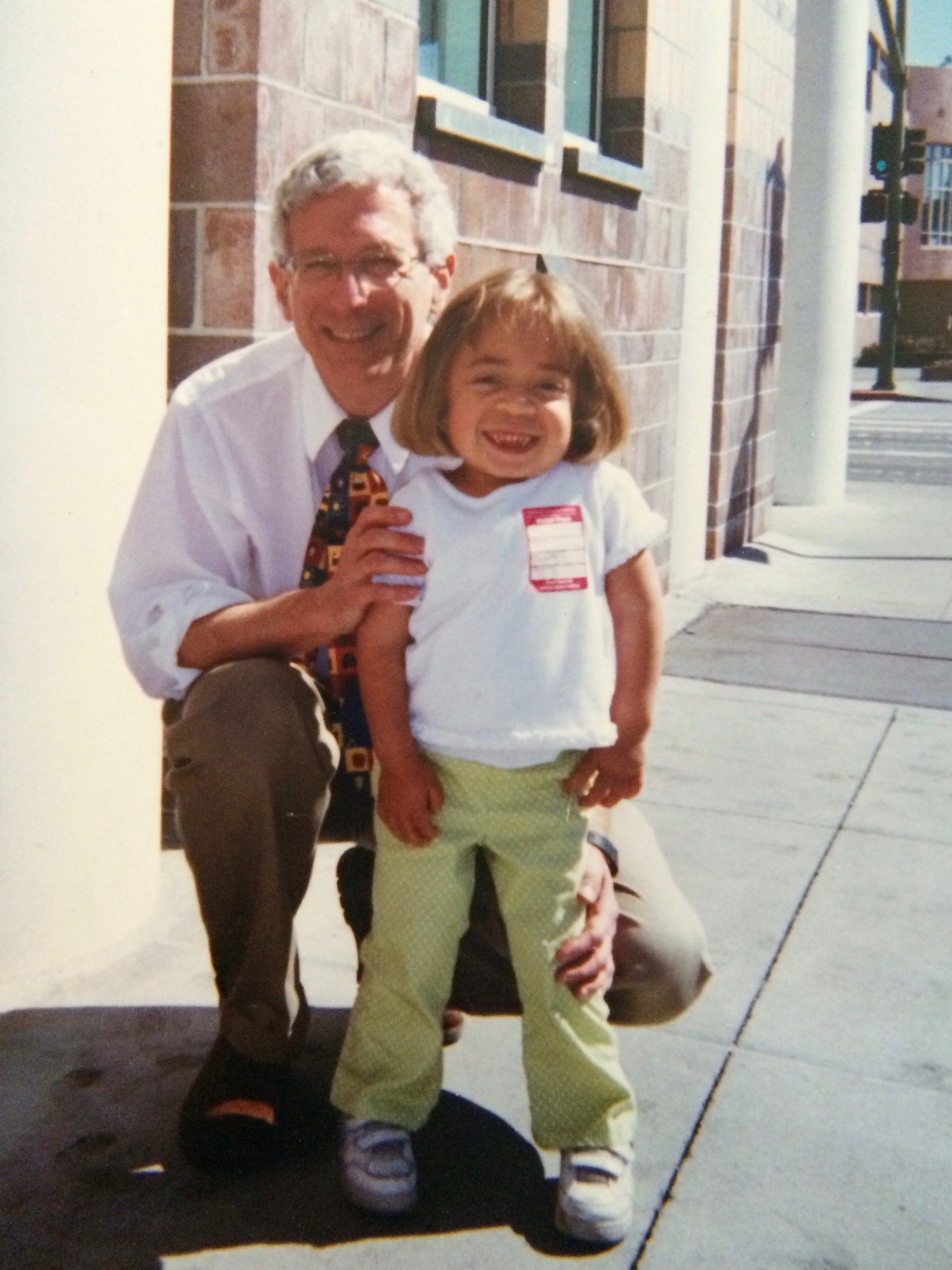
During the clinical trial and throughout my childhood years, I remember seeing how my parents advocated for my medical care, for my accommodations at school, for access and inclusion in my community, for raising awareness to educate others, and for more research through my participation in different studies to collect more data about my rare disease. And they inspired me to start sharing my own MPS story. During my school years, I was invited to talk about my journey with MPS to larger audiences at hospitals and at other pharmaceutical companies. I also got the chance to meet with researchers, healthcare workers, patient advocates, and others. I remember fondly meeting Dr. Kakkis and thanking him for his research and the treatments he helped develop for the MPS community.
Each year brought new opportunities for me to build my experience as an advocate and raise awareness not only for MPS but for other rare diseases. I started by organizing Rare Disease Day events for students and staff in my high school and at my university, where I graduated with honors with a degree in Sociology. Since 2013, on Rare Disease Day, I visited the Capitol in Sacramento to meet with Assembly members and State Senators to advocate for legislation that would support people living with rare diseases.
Then in 2019, my advocacy work allowed me to enter a new arena – immigration. I testified to the U.S. House Oversight and Reform Subcommittee on Civil Rights and Civil Liberties to advocate for patients across the country who were facing the threat of deportation – which for some would mean losing access to life-saving treatments they receive here in the U.S.
The policy was reversed, and these patients with rare diseases were allowed to continue with their treatments. While testifying was a new and challenging experience for me, I was proud to give a voice to that need.
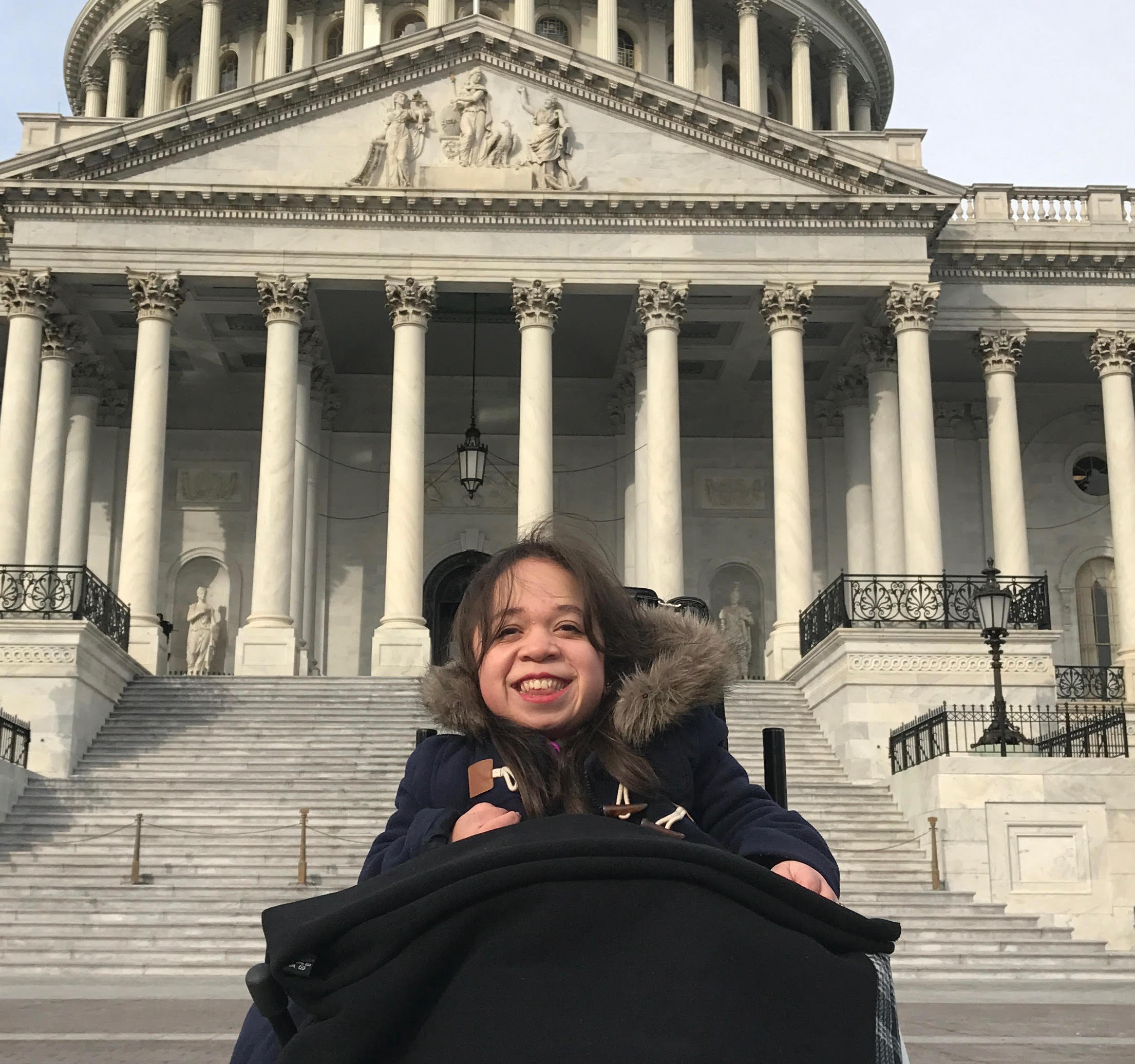
After graduating, I participated in three internships to explore my professional interests. During my internship with a charitable organization that provides wishes to kids with chronic conditions, I learned how families cope with different diagnoses. From my internship with a California Assembly Member, I had the opportunity to learn more about the problems facing our communities, and how the right policies can support and improve people’s lives. Finally, during my third internship with the Patient Advocacy team at a biopharmaceutical company, I found my calling. I was inspired and proud of our efforts to support the rare disease community, and I knew I wanted to be part of a team so focused on improving the lives of others.
I was hired as a Patient Advocacy Specialist at Ultragenyx in March 2021, and in this role, I have been able to combine my personal passion for the rare disease community with the values of relentlessness and advocacy that were instilled in me from a young age. I know first-hand the obstacles families face in accessing treatments and services, and I am happy to have the chance to be part of the support system that helps them go beyond these challenges.
Today, it feels like my journey has come full circle – the experiences that led me to this point started in 2003 with the clinical trial for the MPSVI treatment developed by Dr. Kakkis, and now I’m proud to be part of the organization he founded to support the rare disease community.
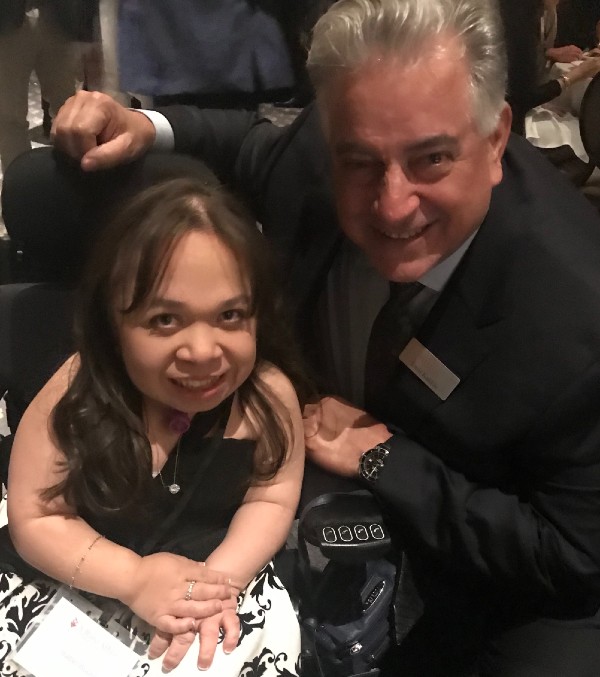
Additional resources:
- To hear more about Isabel’s story, listen to her interview on Our Voices: the National MPS Society podcast (episode 1): https://mpssociety.org/learn/education/podcasts/
Isabel Bueso is a patient advocacy specialist at Ultragenyx.
All photos courtesy of Isabel Bueso

